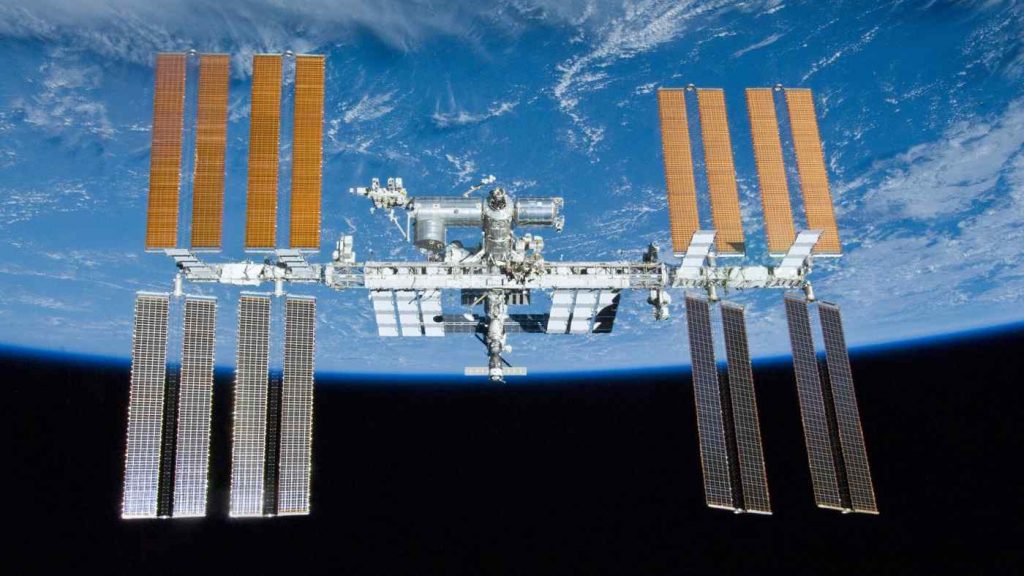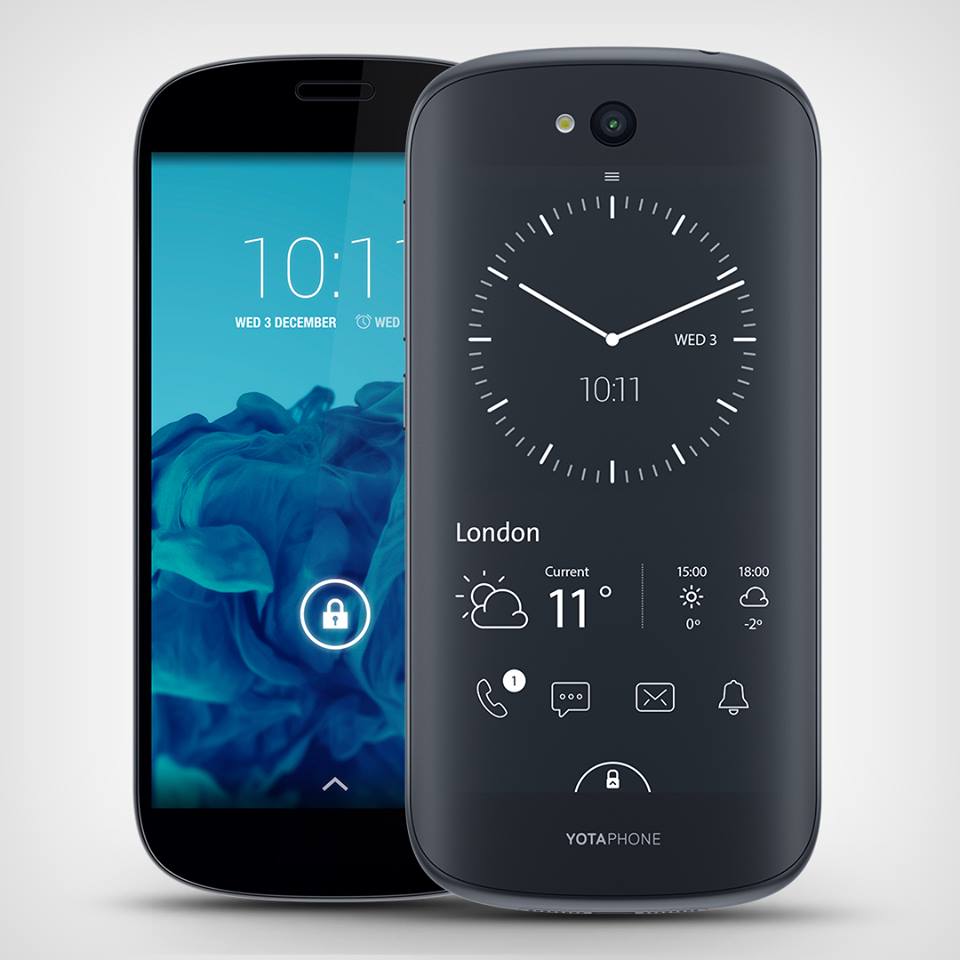OSAKA — Hitachi Zosen has developed a solid-state battery boasting one of the industry’s highest capacities and tolerance for a wide range of temperatures, making it a candidate for use in satellites and industrial machinery.
The high-performance solid-state battery, unveiled Wednesday at an exhibition in Tokyo, features a capacity of 1,000 milliamp hours — roughly seven times as much as the Japanese company’s prior models. It can also operate in a temperature range from 100 degrees to minus 40 degrees Celsius.
With a lower risk of fires and more enhanced energy efficiency than conventional lithium-ion batteries, solid-state batteries are considered to be the next-generation power source. Leading manufacturers in solid-state technology include Japanese peers Toyota Motor and Murata Manufacturing, but they have yet to tackle such challenges as increasing capacity and trimming costs.
Hitachi Zosen sees demand for use in such harsh conditions as space and for industrial equipment operated in atypical environments. With plans to double the battery’s capacity by 2025, the infrastructure and plant builder has begun small-scale production of a prototype and seeks to work with a partner on commercialization.
The company reached an agreement last month with the Japan Aerospace Exploration Agency to test practical applications of solid-state batteries in space. Camera equipment powered by a Hitachi Zosen battery will be sent to the country’s Kibo module on the International Space Station as early as this fall, with tests to be conducted for six months.
Hitachi Zosen boasts a technology for producing a solid electrolyte without any use of sealant or solvent. Using fewer impurities reduces electrical resistance, enhancing the performance of batteries, it says.
While the new solid-state battery has reached a capacity milestone, it still trails far behind its lithium-ion counterparts. Those used in smartphones offer a capacity of thousands of milliampere per hour.




